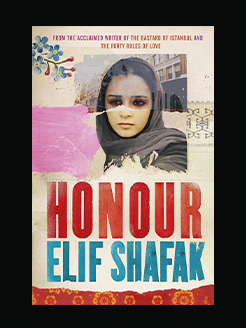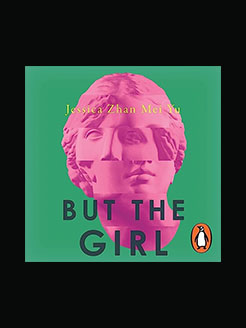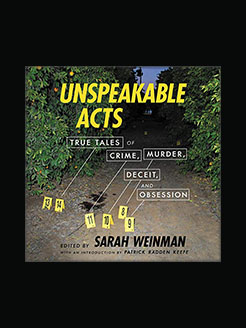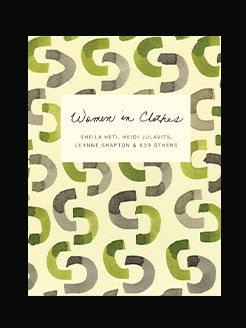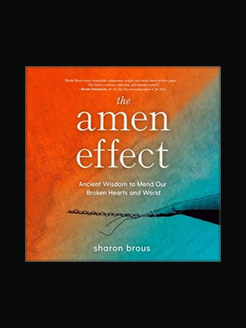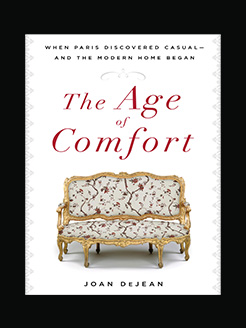pdf (original, published in 2007) 256 pages
pdf (2nd edition, published in 2017) 441 pages
epub (3rd edition, published in 2024) 515 pages
Joyce Green is associate professor of political science at the University of Regina. Green’s work focuses on the politics of decolonization in Canada; on identity, human rights and citizenship; and on the way in which sexism, racism and race privilege is encoded in Canadian political culture. She is is of English, Ktunaxa and Cree-Scots Métis descent.
What is this book about?
The majority of scholarly and activist opinion by and about Indigenous women claims that feminism is irrelevant for them. Yet there is also an articulate, theoretically informed and activist constituency that identifies as feminist. This book is by and about Indigenous feminists, whose work demonstrates a powerful and original intellectual and political contribution demonstrating that feminism has much to offer Indignenous women in their struggles against oppression and for equality. Indigenous feminism is international in its scope: the contributors here are from Canada, the USA, Sapmi (Samiland), and Aotearoa/New Zealand. The chapters include theoretical contributions, stories of political activism, and deeply personal accounts of developing political consciousness as Aboriginal feminists.
_________
2nd Edition
The first edition of Making Space for Indigenous Feminism proposed that Indigenous feminism was a valid and indeed essential theoretical and activist position, and introduced a roster of important Indigenous feminist contributors. This new edition builds on the success and research of the first and provides updated and new chapters that cover a wide range of some of the most important issues facing Indigenous peoples violence against women, recovery of Indigenous self-determination, racism, misogyny and decolonization. Specifically, new chapters deal with Indigenous resurgence, feminism amongst the Sami and in Aboriginal Australia, neoliberal restructuring in Oaxaca, Canada’s settler racism and sexism, and missing and murdered Indigenous women and girls in Canada.
Written by Indigenous feminists and allies, this book provides a powerful and original intellectual and political contribution demonstrating that feminism has much to offer Indigenous women, and all Indigenous peoples, in their struggles against oppression.
_________
3rd Edition
The third edition of the iconic collection Making Space for Indigenous Feminism features feminist, queer and two-spirit voices from across generations and locations.
Feminism has much to offer Indigenous women, and all Indigenous Peoples, in their struggles against oppression. Indigenous feminists in the first edition fought for feminism to be considered a valid and essential intellectual and activist position. The second edition animated Indigenous feminisms through real-world applications. This third edition, curated by award-wining scholar Gina Starblanket, reflects and celebrates Indigenous feminism’s intergenerational longevity through the changing landscape of anti-colonial struggle and theory. Diverse contributors examine Indigenous feminism’s ongoing relevance to contemporary contexts and debates, including queer and two-spirit approaches to decolonization, gendered and sexualized violence, storytelling and narrative, digital and land-based presence, Black and Indigenous relationalities and more. This book bridges generations of powerful Indigenous feminist thinking to demonstrate the movement’s cruciality for today.
